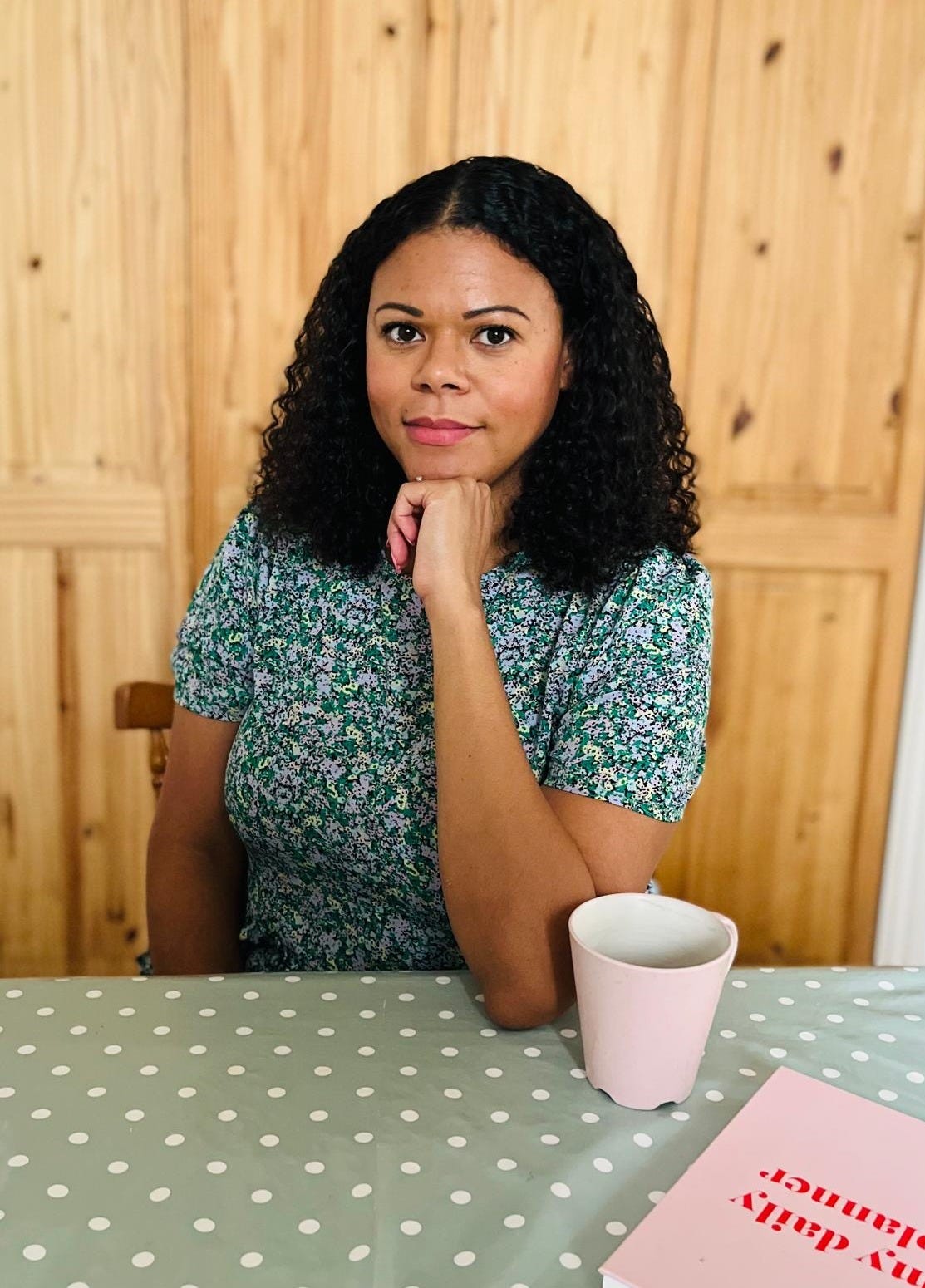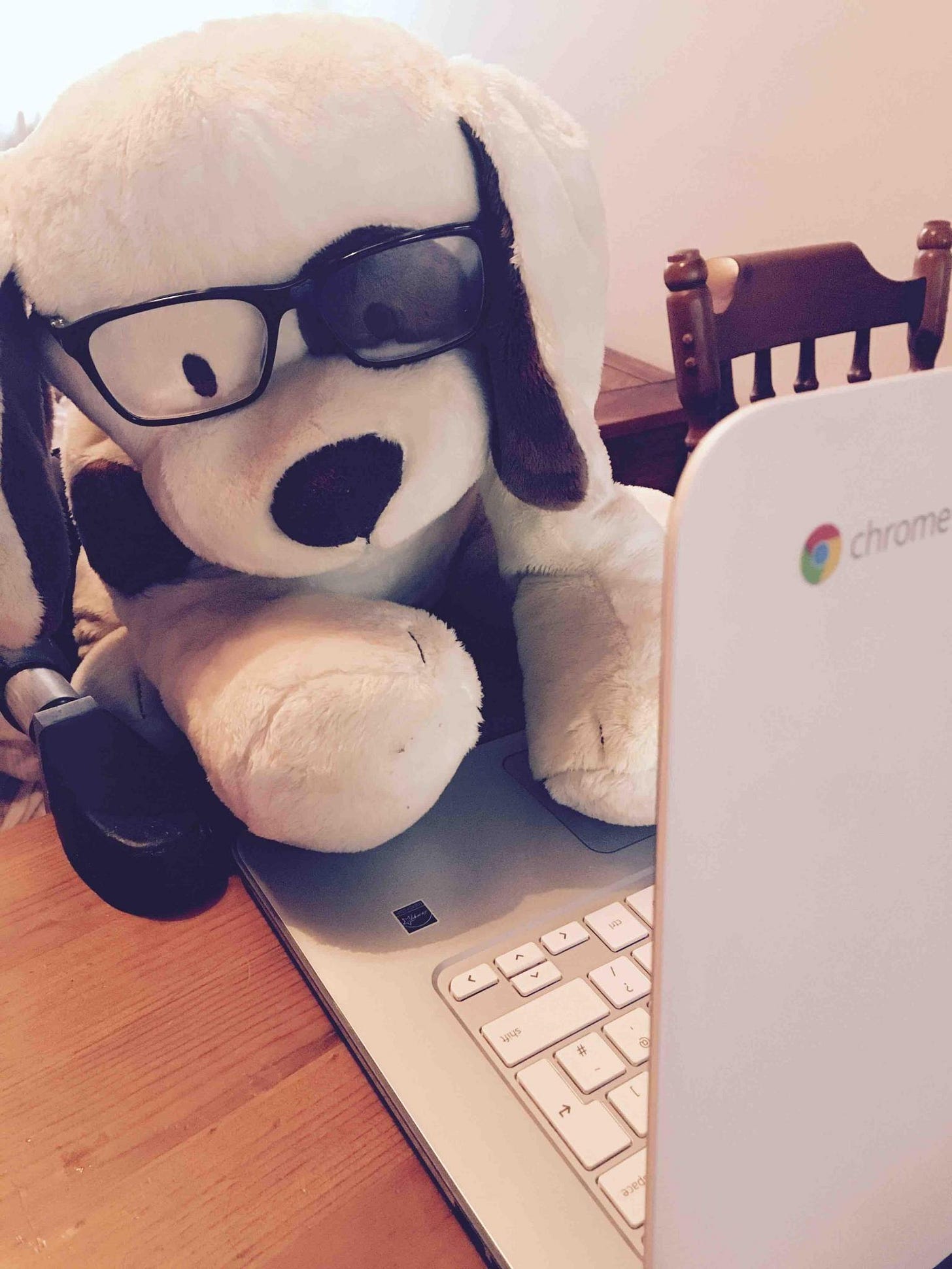Q&A: Part two
Freelance writing and how to tell someone their parent is a narcissist.

In part two of your questions answered, I share the story of how I became a freelance writer and offer advice for anyone facing the delicate task of discussing a loved one’s narcissistic parent.
Qu. How did you get into freelance writing and is it your full time job?
I became a freelance writer after having my first child, ten years ago. There were a number of practical reasons behind that decision, coupled with my life’s dream to become a features writer.
On a practical note, childcare was incredibly expensive. My husband and I thought we had a good grasp on the costs, but when we saw the actual fees for local nurseries, we were taken aback. Even though we inquired about a full-time spot nine months in advance, we were unprepared for the lack of available spaces and the lengthy waiting lists that many nurseries have. Sharing this reminds me of the important campaign Mother Pukka has championed in the UK.
Returning to work full-time, only to see most of my earnings go toward childcare, felt counterintuitive. As a result, I began exploring part-time options, especially since it made more financial sense for my husband to continue in his full-time role. The idea of leaving my daughter to work full-time also filled me with more fear and anxiety than I was expecting.
After having my baby, confidence in myself and my work abilities plummeted. I felt ashamed to admit this to anyone and I struggled with what felt like a profound identity crisis during a time that should have been filled with joy. Experiencing such intense and conflicting emotions simultaneously was incredibly challenging, leaving me feeling even more confused about my return to work. It was also when I started to have more flashbacks to my own childhood and very physical responses to such memories.
Before my maternity leave, I was in a role at a company I truly believed I would stay with forever. When I approached them about part-time options, they made an effort to accommodate my request. However, the proposed hours still felt overwhelming, and they conflicted with the schedule offered by the nursery.
After much reflection and sadness, I made the difficult decision to leave my job and pursue a career as a freelance writer. Not only would I be embarking on the career I had always dreamt of, but it also provided the flexibility I needed in my work hours.
“I was terrified to start with!”
My daughter went to nursery a few days a week, which is when I planned to do the bulk of my writing. I'd then have some time in the evenings and at weekends to continue writing if I needed to meet deadlines.
I was terrified to start with! I didn’t really know how to get work, but after announcing my new freelancing career to all I knew and across multiple social media platforms, I received enquiries pretty quickly. I will be forever grateful for friends, acquaintances and businesses who gave me my first freelance projects.
My early projects consisted mainly of writing website content for different businesses. I slowly found myself writing more and more blogs for various companies, which started to fall under the categories I was most passionate about - women’s health, mental health, parenting, social injustice, and taboo topics.
After I had my second child, I decided I really wanted to hone in on how to become a features writer - writing longer articles covering all the topics close to my heart. I applied for a feature writing mentorship with Cosmopolitan magazine and to my absolute shock and delight I won a place out of hundreds of applicants. It was then, five years ago, that I learnt the most helpful advice with regard to writing features and pitching my ideas as a freelancer. After that mentorship, I have only written features on topics I’m most passionate about and I love it!
Freelance feature writing is my full-time job, however I still try to keep my hours ‘part-time’ so that I am not working once my children finish school and are at home. If I have multiple deadlines, that isn’t always possible, but the nature of freelancing means that some days and weeks are more intensive than others. For the majority of time, my hours are definitely part-time and I have now become used to the ebb and flow of freelancer life; enjoying both the quieter and busier times.

Qu. How do you tell someone about their narcissistic parent and what are the best ways of going about it?
This question has me feeling emotional, as I'm assuming you are wanting to tell someone who you care about. I’m assuming you’ve seen them suffer at the hands of their narcissistic parent and I’m assuming you wish for them to be able to see that they are not at fault - and they are not to blame.
I commend you in wanting to support this person and that you are prepared to raise a very challenging and taboo topic with them.
My advice would be to speak from the heart, with an abundance of empathy and sensitivity. Share why it is you want to discuss this with them and let them know throughout your conversation that you care for their wellbeing. Reassure them that you want to create a safe, judgment free space for open communication. Regardless of someone’s behaviour, acknowledge that you understand the love present between them and their parent. This connection can make it challenging to address the pain that their parent’s actions may have caused and the distorted reality that their parent’s words may have created.
I sincerely hope the advice I've given is useful, but please keep in mind that I'm not a trained expert in navigating narcissistic relationships, mental health, trauma, or similar areas.
I recommend having a one-on-one conversation in a private setting, ideally at a time when you know the other person is free from other commitments (if you can find out this information). This approach gives you ample opportunity to express your thoughts in a way that feels comfortable for you, while also creating a relaxed atmosphere for the other person, making them more receptive to what you have to say. Additionally, allowing for this time enables them to process your points and, if they wish, to discuss it further with you in the moment.
The person you wish to tell may respond with shock, defensiveness or validated relief that someone else can finally see what they’ve been dealing with for so long. Be open and ready for any response, and be willing to accept that they may or may not want to talk about it. Regardless of their response, I imagine that they will think deeply about what you’ve shared and will appreciate your intentions - even if you don’t feel that at the moment.
If talking face-to-face doesn’t feel right for any reason, you could consider writing them a heartfelt letter or email. You could sit with them while they read it, with the hope of talking it through after or give them the letter to read on their own - allowing them time and space to process your message comfortably and at their own pace.
You may also wish to share existing articles and books on narcissism (or a Substack called the Stories of Us), with the person you have in mind, as a way of opening up the discussion of narcissism to see if they can relate. You may wish to share these resources after you’ve talked, so that they can see and read that they are not alone in this experience.
Perhaps reading the experiences of others, or the words of trained specialists in the field of narcissism, will help them see why you have thought of their situation in this context. Perhaps they will be able to see for themselves the similarities between the content you share and their own lived experiences. The resources may also offer invaluable support and guidance.
I really hope this answer has been helpful and I wish you the best of luck if you are to raise this topic with the person you care about. I truly hope the person you have in mind is ok and I hope they too will soon be on their own healing journey from having a narcissistic parent.
Next newsletter, I will be sharing how to survive contact with a narcissist over the festive season. Until then, thank you for reading and take care great care of yourself.
Chloe x





Congratulations on your award and mentorship! Your words are so healing! ❤️
Congratulations on winning the award 👏🏾